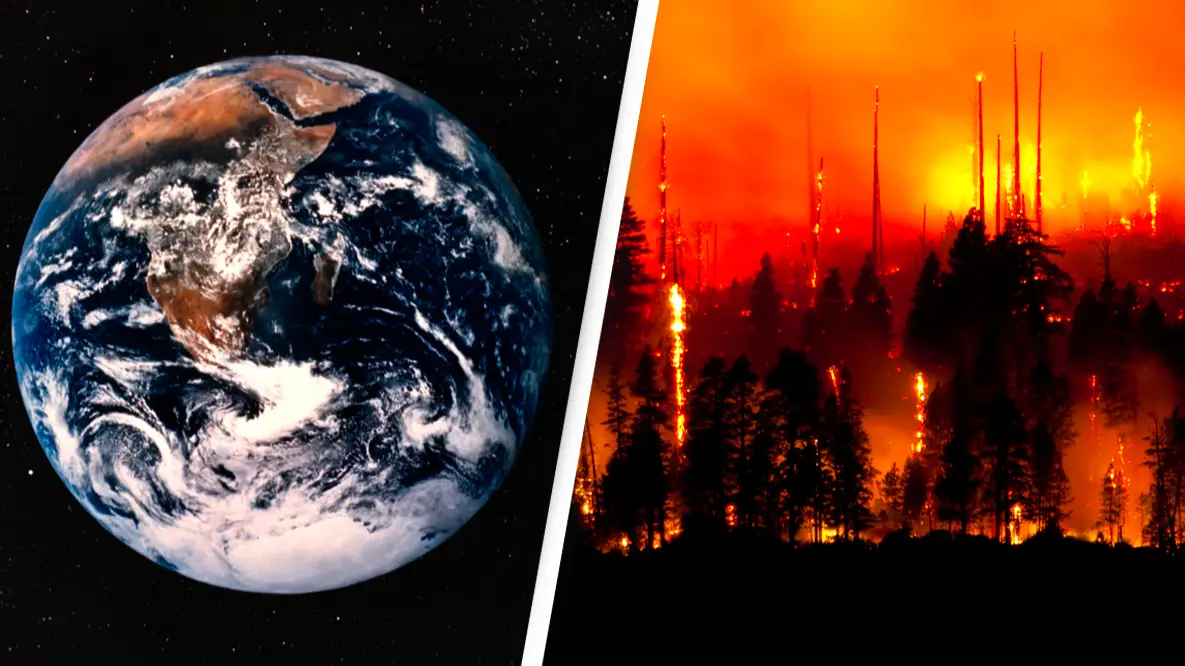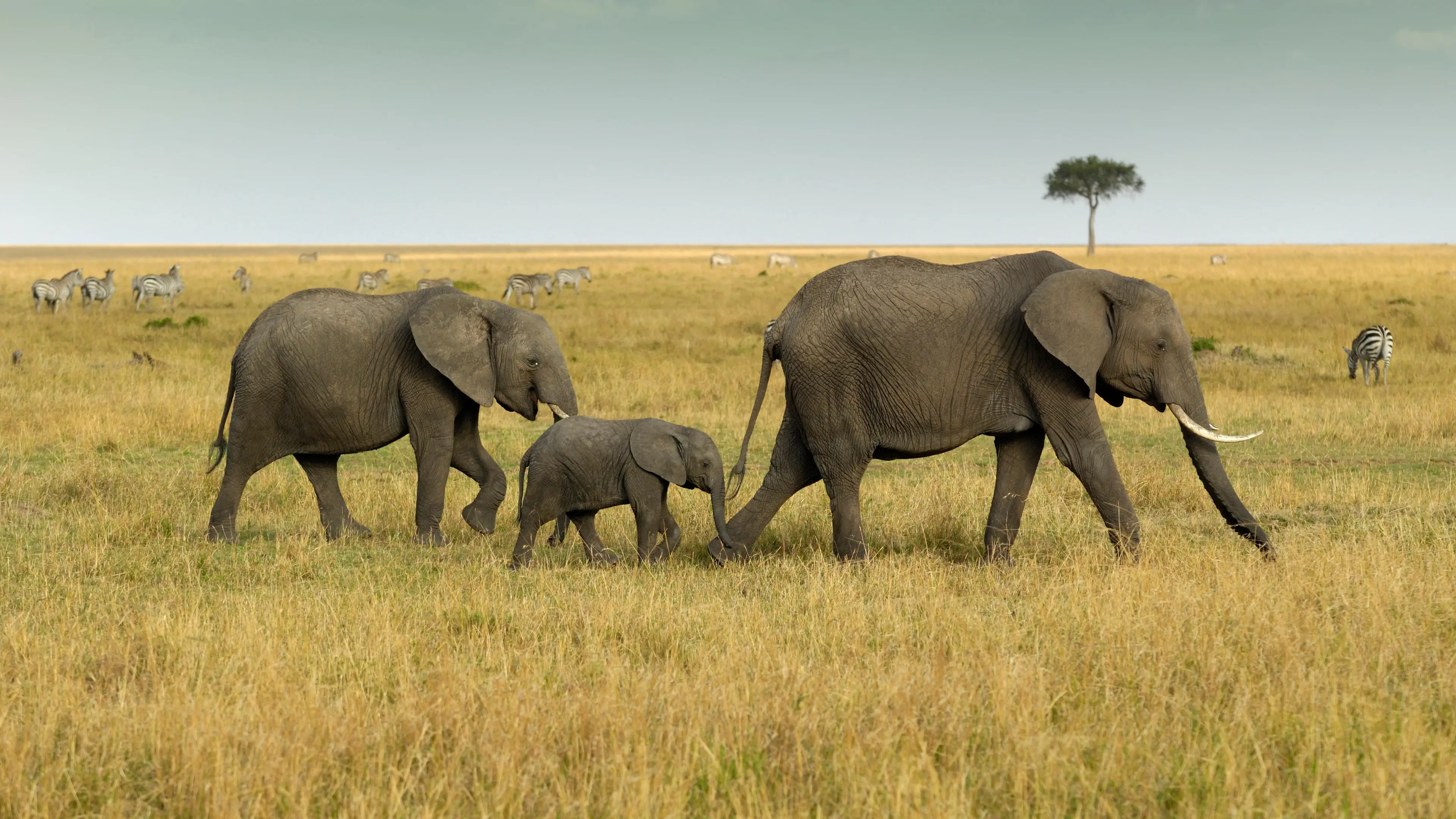
A supercomputer has predicted that more than a quarter of animals and plants will be extinct by the end of the century.
Using scientific modelling created by the supercomputer, scientists shared the scary prediction that 10 percent of plants and animals will be wiped out by 2050, with 27 percent will be gone by 2100.
The model suggests that babies born today could be the last generation to see numerous animals including elephants or koalas.
Advert
The researchers have claimed that Earth could be facing its ‘sixth mass extinction’ which is being driven by various factors, including climate change and changes in how land is used.
The team also said that previous extinction models are not as accurate as they don’t take into consideration ‘co-extinctions’ - when a species becomes extinct because a species it needs for survival goes extinct, like a sort of depressing domino effect.
Study author Professor Corey Bradshaw of Flinders University explained: “Think of a predatory species that loses its prey to climate change.

“The loss of the prey species is a ‘primary extinction’ because it succumbed directly to a disturbance. But with nothing to eat, its predator will also go extinct, a co-extinction.
"Or, imagine a parasite losing its host to deforestation, or a flowering plant losing its pollinators because it has become too warm. Every species depends on others in some way.”
For the study, the researchers used one of Europe’s most powerful supercomputers to create ‘synthetic Earths’, which they filled with virtual species and thousands of ‘food webs’ - networks linked by what animal eats another to survive.
Professor Bradshaw added: “This study is unique, because it accounts also for the secondary effect on biodiversity, estimating the effect of species going extinct in local food webs beyond direct effects.

"The results demonstrate that interlinkages within food webs worsen biodiversity loss, to a predicted rate of up to 184 percent for the most susceptible species over the next 75 years.
“Compared with traditional approaches to predicting extinctions, our model provides a detailed insight into variation in patterns of species diversity responding to the interplay of climate, land use, and ecological interactions.
“Children born today who live into their 70s can expect to witness the disappearance of literally thousands of plant and animal species, from the tiny orchids and the smallest insects, to iconic animals such as the elephant and the koala... all in one human lifetime.”
Topics: extinct, Climate Change, World News
